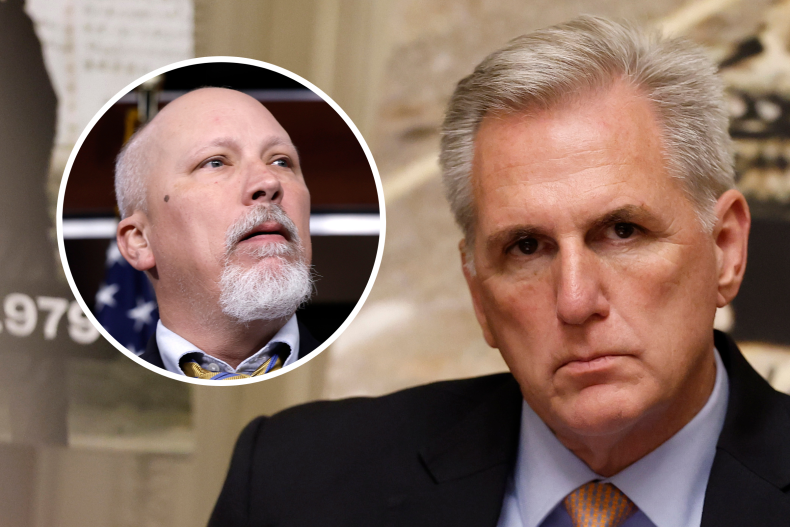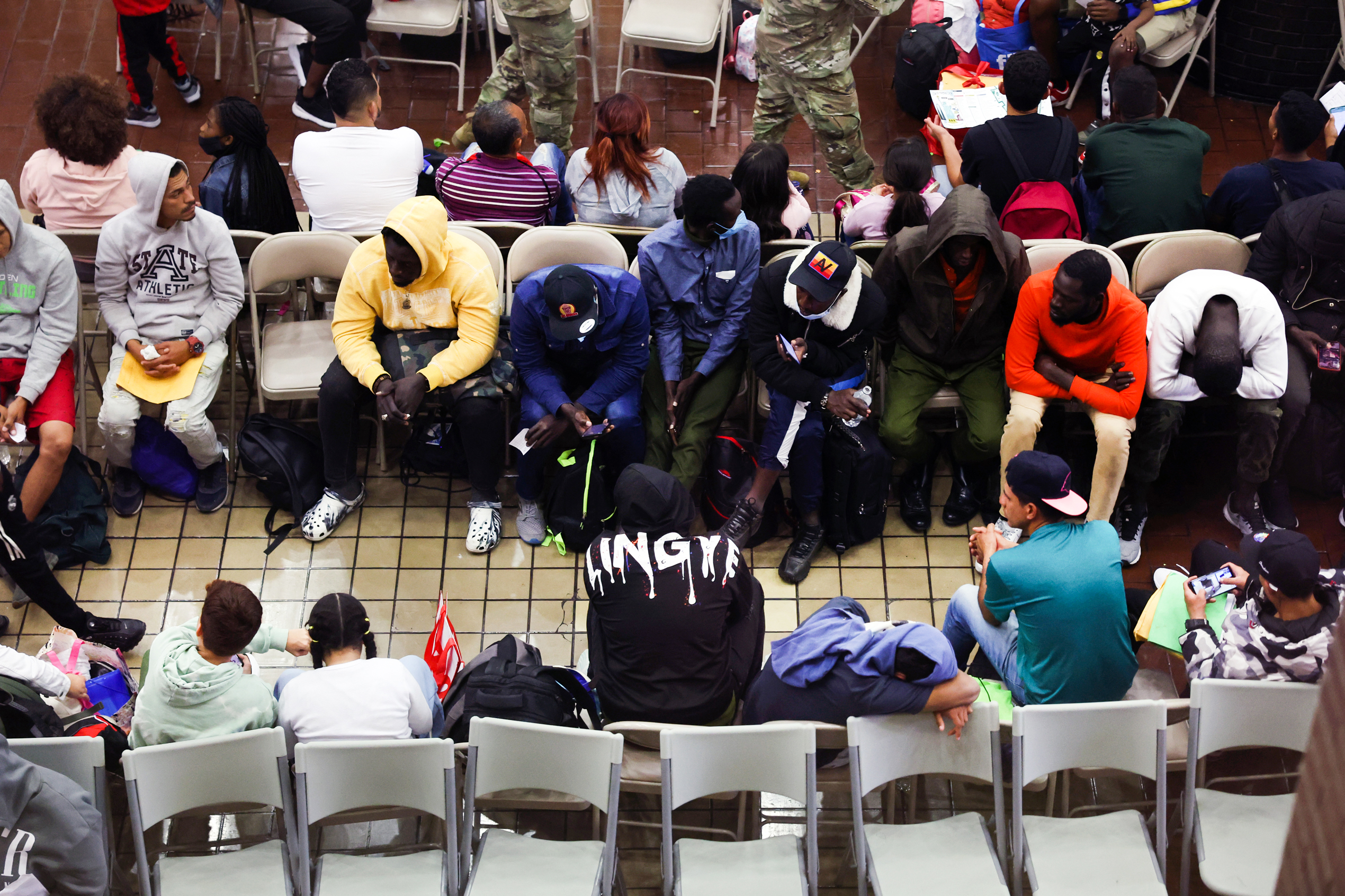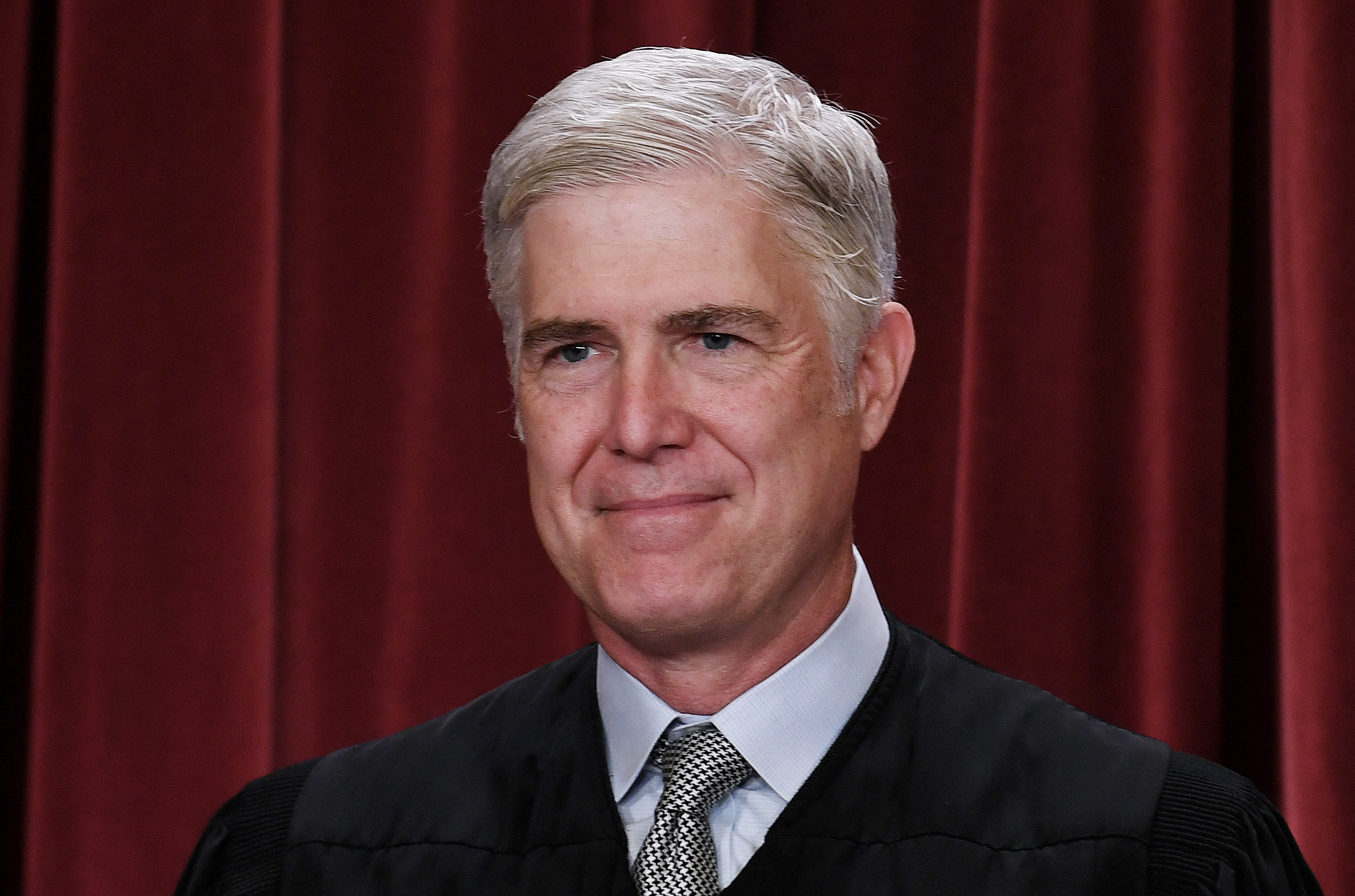MAGA Gets Revenge on Kevin McCarthy
Republican House Speaker Kevin McCarthy proved his critics wrong after brokering a deal with President Joe Biden's White House to avert defaulting on the national debt in exchange for long-sought-after concessions on federal spending, work requirements for certain entitlement programs, and other conservative policy goals.
Now, some of his party's most conservative members are making him pay for it.
Voting Tuesday on a rule necessary to advance GOP legislation barring the Biden administration from banning gas stoves in new residential construction, 11 Republican lawmakers joined their Democratic colleagues to block the bill from moving forward in an apparent rebuke of a debt limit agreement members believed conceded too much to Democrats.
If there was any doubt, all of the defectors on the gas stove bill had previously crossed party lines to oppose McCarthy's deal, with many at the time saying the sheer fact it had bipartisan support, as well as that of the White House, was a sign of a bad deal.

And each of them—Freedom Caucus members Dan Bishop, Andy Biggs, Ken Buck, Tim Burchett, Eli Crane, Matt Gaetz, Bob Good, Paul Gosar, Ralph Norman, Chip Roy and Matt Rosendale—said they would commit to doing so indefinitely until McCarthy was willing to embrace an approach to policy that incorporated the party's most conservative voices.
"We warned them not to cut that deal without coming down and sitting down to talk to us," Roy told reporters after the vote. "So this is all about restoring a process that will fundamentally change things back to what was working."
Newsweek has reached out to Roy's office and McCarthy's office via email for comment.
Update: Group of 10 GOP lawmakers are now saying they will oppose all legislation that comes through the House until they get an agreement in writing from Speaker Kevin McCarthy to go back to the January agreement. Remember, it only takes 5 no votes to block any bill. https://t.co/Y8pTIl3gsz
— Farnoush Amiri (@FarnoushAmiri) June 6, 2023
To renege on the deal would be to put negotiations in a difficult spot. If the U.S. were to default on its debts, the world economy would likely face calamity, while Biden—who crossed several "red lines" in negotiations to make a deal with McCarthy—could still invoke his own authority to overrule Congress under the 14th amendment if his hand was forced.
For McCarthy, the mutiny on the floor only serves to underscore his already tepid control of his party's narrow majority.
As heir apparent to the speaker's office earlier this year, Freedom Caucus members subjected McCarthy to 15 separate roll call votes to earn the position in exchange for increased influence on high-level committees and prioritization of their preferred legislation.
Since then, those members have sought to remind McCarthy of the power they possess: for the gas stove resolution to fail, just five members of McCarthy's majority needed to defect to kill the deal—the Freedom Caucus produced twice that.
McCarthy, meanwhile, has sought to balance those whims against a Democratic presidential administration as well as a Democratic-controlled Senate, whose own narrow majority rests on the vote of several members who could potentially swing either way on a deal. Even before a debt limit deal crossed their desks, some members who saw the terms of the deal balked at the concessions made on the deal, pledging not to support it once it hit their desks.
Ultimately, the Senate voted to approve the deal by a 63 to 36 margin.








